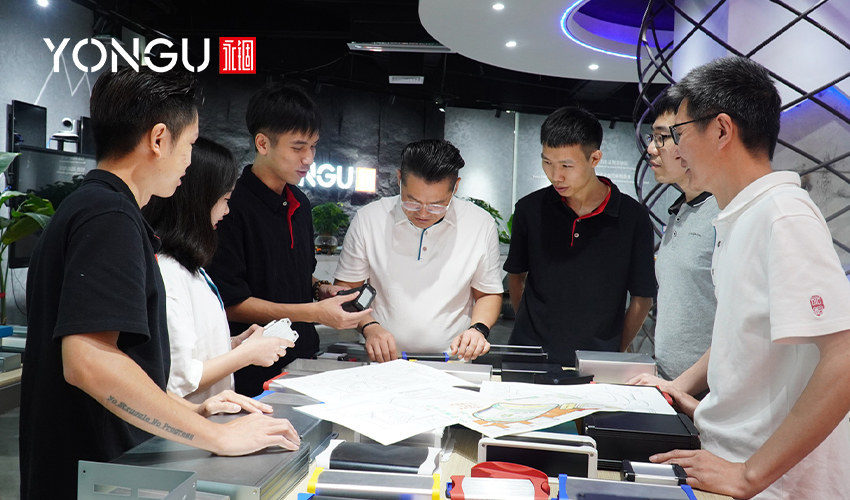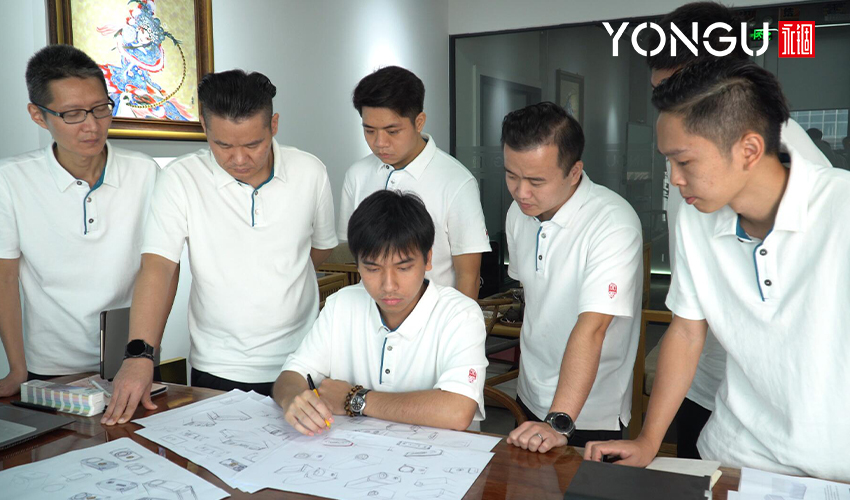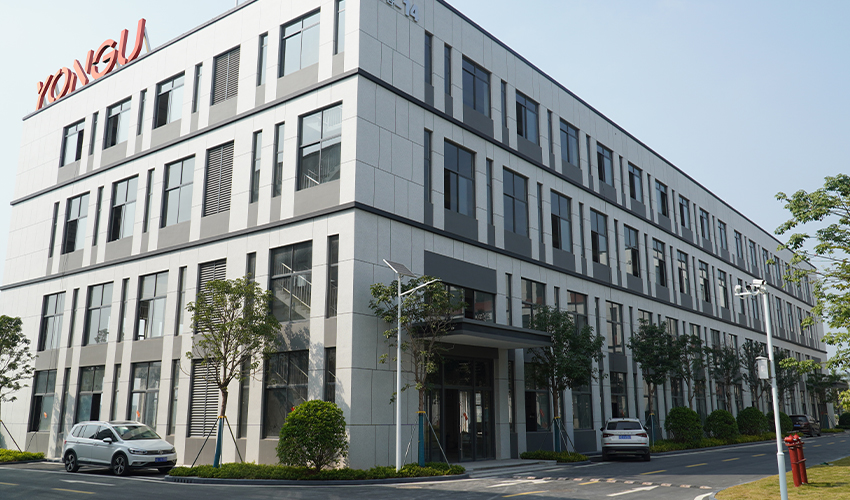Distributors, often called dealers or authorised agents, acquire goods from producers and resell them through their channels, including physical stores and online marketplaces. Distributing their products helps manufacturers save time and money on marketing and distribution and guarantees that their items will reach their target demographic at the proper time and place.
Without distributors, manufacturers might have difficulty bringing their products to customers, and vice versa; without distributors, producers wouldn't have anything to sell. It may seem like a simple idea to grasp at first glance, but in practice, not all manufacturer-distributor relationships are as black-and-white as they appear to be.
Both parties have their agendas, and it's up to them to figure out how to accommodate one another and get through any difficulties they're having working together.
The ultimate objective is to shift the dynamics of the relationship from a strictly mercantile one to alignment and partnership. It is not a simple process, but in this article, we will go through several strategies and relationship types for carrying it out.

DECISION OF RELATIONSHIP
Relationships between producers and retailers aren't uniform. Determine whether you need a long-term strategic alliance or a short-term tactical alliance before making your final partner selection.
Tactical Relationship
It can be intimidating to go headfirst into a committed relationship. You may observe how effectively you work together and gauge whether or not you want to take things further by forming a tactical relationship first.
It needs no progress in any meaningful way in the future. It may be nothing more than a means to an end for both persons involved. For example, a manufacturer may want to move a particular number of units, while a distributor may want to test a new product. The entire thing may be purely commercial. You're exchanging products and services with minimal input from planners or information-sharing partners.
Strategic Relationship
You are functioning in a strategic partnership as one unit, one team. The manufacturer responds to suggestions for product enhancements communicated by the distributor. You've partnered to increase your business's success, enter new markets, and achieve your mutual objectives.
You and your partner are committed to expanding your company, finding new avenues for growth, and providing superior service to your customers. If you and your business partner have similar objectives and perspectives, you'll find it much simpler to collaborate, share information, and build trust.
The importance of investing time and energy into fostering this kind of connection is highlighted by the fact that difficulties must inevitably arise. People on the team will inevitably make blunders. There could be a lag in shipments. There can be times of extreme pressure when one team member may feel responsible for everything that went wrong. A collaboration can last through the good times when everything is going smoothly, and there are no clerical mistakes. It's a lot trickier to live in the real world.

COMPREHENDING REGULAR OBSTACLES
It is necessary to understand the difficulties faced by both parties and how they may intersect or misalign to discuss ways to strengthen the partnership between manufacturers and distributors.
From a production standpoint, maintaining brand consistency can be challenging as items move through a complex distribution network with many contact points with consumers. Manufacturers need to be able to provide indirect support for their distributors through marketing channels such as collateral, digital engagement initiatives, and a consistent stream of sales-qualified leads. Manufacturers also must successfully and regularly engage with the most profitable distributors, reps, and customers at every stage of the supply chain.
However, distributors are separate companies whose interests may not necessarily coincide with those of their suppliers. To maximise profits, distributors may favour selling a tried-and-true product over one the manufacturer is pushing. During a product's initial rollout, only around half of distributors actively market it.
Sometimes the manufacturer's lack of support, perceived or actual, for its distributors is to blame for the discord. Specifically, distributors are most dissatisfied with the lack of assistance they receive from manufacturers.
It's vital to remember that just as one manufacturer may work with several different distributors, the same distributor will almost certainly function as an agent for several different producers. As a result, distributors face the challenge of securing exclusive distribution rights, which isn't always possible but is highly sought after by those in the industry.
Conflict, distrust, and miscommunication can stop even the most long-lasting relationships if they are permitted to remain in the face of such problems. It highlights the need for a mutually beneficial and long-lasting collaboration between manufacturers and their distributors.

YONGU – LEADING MANUFACTURER
With 16 years of expertise, YONGU has become the leading manufacturer in china of electronic enclosures for use in an industrial electronic enclosure.
Provides access to hundreds of different commercially available enclosures in various sizes, shapes, and combinations, including a wide variety of aluminum and plastic enclosures spanning the gamut from basic housings to high-security variants that go beyond NEMA and IP standards.
You can buy these containers singly or in large quantities. Provides a range of customisable options to satisfy a variety of customer requirements.

YONGU factories are equipped with cutting-edge, perfectly calibrated machinery that produces only the highest-quality goods. They have dominated the premium Hi-Fi sector because of their innovative manufacturing methods and rigorous quality assurance testing.
The vast selection of products at YONGU includes:
- IP68 Waterproof Enclosure
- 19-inch Rock Mount
- Amplifier Enclosure
- Electronics Enclosure
- Instrument Chassis
- Sheet Metal Bending Box
For further information and customized product of your requirements, please follow our FACEBOOK for more updates and informations.
You can also contact us at +86 13326782625 or write us [email protected].



